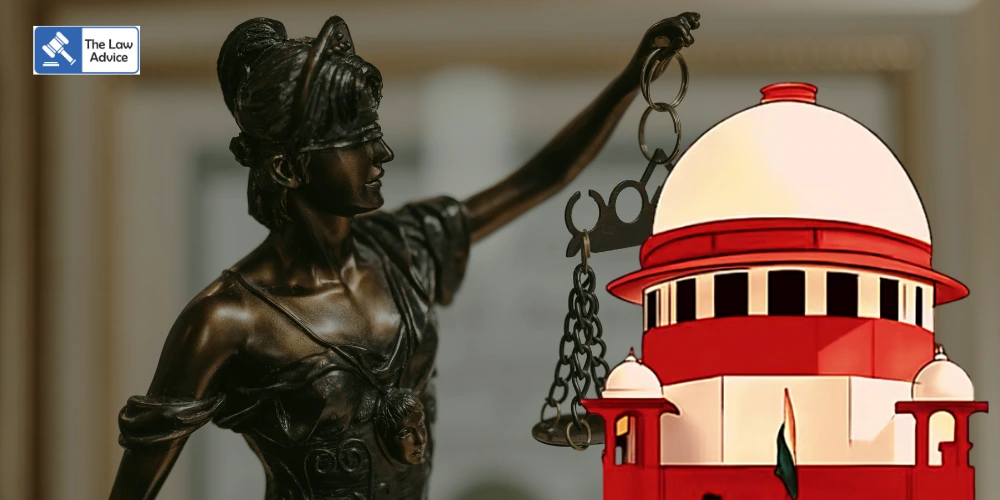
On Monday, August 18, 2025,
The Supreme Court of India raised serious questions regarding the appointment of Professor Naima Khatoon as the first woman Vice-Chancellor of Aligarh Muslim University (AMU). The Court focused on a potential conflict of interest, noting that her husband, Professor Mohd. Gulrez, who was the officiating Vice-Chancellor at the time, had been part of the Executive Council meeting that shortlisted her name for consideration.
The matter was heard by a bench comprising Chief Justice of India BR Gavai, Justice K Vinod Chandran, and Justice NV Anjaria, in a Special Leave Petition (SLP) filed by Professor Muzaffar Uruj Rabbani and Professor Faizan Mustafa. The petition challenged the Allahabad High Court’s order upholding Professor Khatoon’s appointment.
During the proceedings, Senior Advocate Kapil Sibal, representing the petitioners, argued that the appointment process was fundamentally flawed because Professor Gulrez had presided over meetings where his wife’s name was considered. “If this is the way Vice-Chancellors are appointed, I shudder to think what will happen in the future,” Sibal stated emphatically.
The bench expressed concern that the previous Vice-Chancellor’s participation in deliberations involving his spouse created a perception of bias. CJI Gavai noted that the High Court itself had observed that it would have been preferable for the Vice-Chancellor to recuse himself, allowing the next senior official to chair the proceedings. “Even when we sit in the collegium, we recuse ourselves if a junior from the bar is under consideration. Certainly, the husband’s participation when the wife’s name is under discussion raises doubts,” he remarked. “It is said that things should not only be done properly but also be seen to be done properly.”
Solicitor General Tushar Mehta acknowledged that recusal would have been proper but invoked the “doctrine of necessity”, as recognized in the Tata Cellular case, arguing that participation was legally necessary and therefore did not invalidate the process.
At one point, Justice K Vinod Chandran chose to recuse himself from hearing the case, citing that he, as the former Chief Justice of the Patna High Court, had been the ex-officio Chancellor of Chanakya National Law University, which had appointed Professor Faizan Mustafa, the second petitioner, as Vice-Chancellor. Despite SG Mehta’s assurance that recusal was unnecessary and that the bench could still hear the matter impartially, Justice Chandran maintained, “Since the subject matter is that of bias, it is proper that I recuse.”
Following this, CJI Gavai directed that the matter be placed before a bench excluding Justice Chandran, ensuring that concerns of impartiality were fully addressed.
During the hearing, Additional Solicitor General Aishwarya Bhati emphasized Professor Naima Khatoon’s stellar academic record and noted her historic achievement as the first woman Vice-Chancellor of AMU.
Senior Advocate Kapil Sibal was assisted by advocates Nizam Pasha, Izafeer Ahmad B F, Sidharth Kaushik, Awstika Das, Arif Ali, and Madhav Deepak in presenting the challenge.
The case is officially cited as Muzaffar Uruj Rabbani v Union of India | SLP(C) No. 19209/2025. It has brought into focus questions of procedural propriety, perceived bias, and governance standards in higher educational institutions, emphasizing that appointments to top academic positions must not only comply with the law but also withstand scrutiny of fairness and transparency.
Website designed, developed and maintained by webexy